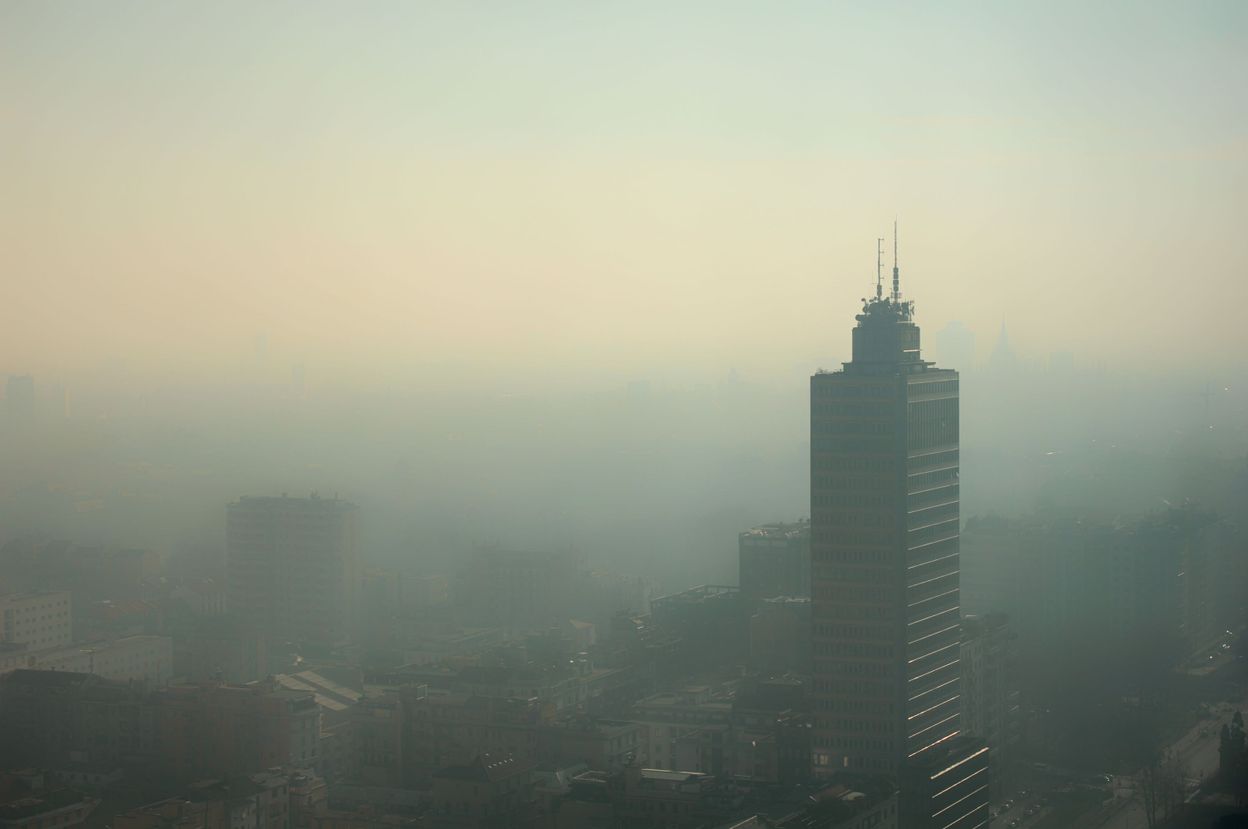11 Dec 2024

Tired Earth
By The Editorial Board

The research, which looked at people in northern Italy, found a clear link between living in areas with persistently high pollution and the chances of getting infected.
While it was impossible to prove that one caused the other, the scientists behind the study said that it suggested that combating air pollution could be a way to lessen the burden of Covid as countries emerge from the pandemic — as well as bringing other health benefits.
“Our results imply a higher disease pressure in the most polluted areas, which already experience a higher burden of non-communicable diseases due to the same exposures,” they write in the journal Occupational and Environmental Medicine.
The work involved looking at 62,000 citizens of the city of Varese, using their addresses to estimate their exposure to air pollution. Then, until March last year scientists tracked their infections.
The strongest link came in fine particulate pollution — tiny droplets or particles in the air. Average exposure was 12.5 micrograms per cubic metre, about 1 microgram per cubic metre less than in London.
The research found that for every microgram rise the chance of infection rose correspondingly by 5 per cent.
Although the researchers tried to correct for other factors it is possible that it was not pollution causing the rise in infections. For example, people in more polluted areas may also live closer to each other.
However, they said, there were reasons to suppose the link might be genuine — with pollution itself causing the rise in susceptibility.
“From a mechanistic point of view, air pollution has a well-recognised role in prolonged inflammation and downregulation of the immune system,” they write.
This means that it might directly make people less likely to fight off infection, and also indirectly cause some of the illness, such as heart disease that then makes people more at risk.
There was also the intriguing possibility, they said, that the pollution itself could aid with the spreading — by helping coronavirus particles to spread and stay aloft longer.
“Air pollutants can serve as carriers and vehiculate the virus, favouring its survival in the air,” they write.
The effect appeared to be more marked the older that people were. “Our findings provide the first solid empirical evidence for the hypothesised pathway linking long-term exposure to air pollution with the incidence of Covid-19, and deserve future generalisation in different contexts.”
Source : thetimes.co.uk
Comment